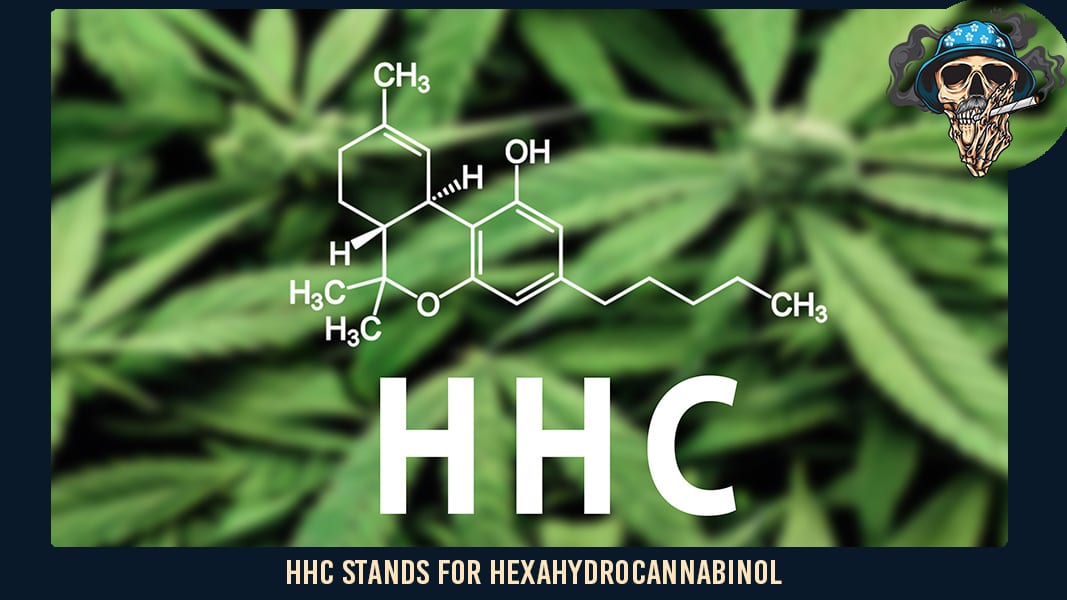What is HHC and How is It Created?
What is HHC and How is It Created?
Welcome to the intriguing world of HHC, a cannabinoid that’s sparking curiosity and excitement among cannabis enthusiasts and scientists alike. But what exactly is HHC, and how is it crafted into the product that’s gradually making its way into the hearts of users? Let’s dive into the science and magic behind HHC, breaking down everything you need to know in a fun and informative way.
Unveiling HHC: The Basics
HHC stands for Hexahydrocannabinol. It’s like the new kid on the block in the cannabinoid family, with a structure and effects similar to THC but with its own unique twist. Unlike its more famous cousins, THC and CBD, HHC naturally occurs in such tiny amounts in the cannabis plant that you’d probably never find it without a bit of scientific help. This rarity has led to innovative methods to create HHC in quantities that can be enjoyed.
The Effects of HHC
Before we get into the creation process, let’s talk about why HHC is gaining popularity. Users report that HHC provides a balanced experience, offering a blend of euphoria, relaxation, and potential pain relief, but with less intensity than traditional THC. It’s like THC’s laid-back sibling who still knows how to have a good time without going over the top.
The Creation of HHC: A Scientific Journey
Now, on to the fascinating part: how is HHC made? Since it’s found in such small amounts in cannabis plants, scientists have developed synthetic methods to produce HHC on a larger scale.
Step 1: From Hemp to Hydrogenation
The journey of HHC starts with hemp, specifically the CBD extracted from it. This CBD undergoes a process called hydrogenation—think of hydrogenation like adding hydrogen to CBD in a high-tech pressure cooker. This process isn’t too different from how margarine is made from vegetable oil, but instead of creating a breakfast spread, we’re crafting a new cannabinoid!
Step 2: Breaking and Making Bonds
During hydrogenation, the chemical structure of CBD is transformed. Hydrogen atoms are added, altering the molecule’s configuration and effectively turning CBD into HHC. This process not only creates HHC but also makes it more stable, meaning it doesn’t break down as easily when exposed to air and light, leading to a longer shelf life compared to other cannabinoids.
Step 3: Refinement and Purification
After hydrogenation, the newly formed HHC isn’t quite ready for prime time. It undergoes further refinement and purification to remove any unwanted compounds and ensure it’s safe for consumption. This step is crucial, as it ensures the final product is of high quality and potency.
HHC: Legalities and Considerations
One of the most intriguing aspects of HHC is its legal status. Due to its hemp origin and the nuances of cannabis laws, HHC occupies a unique position. However, laws vary by location, and the legal landscape is constantly evolving, so it’s essential to stay informed about local regulations.
Final Thoughts: Is HHC Right for You?
HHC offers an exciting new option for those looking to explore the benefits of cannabinoids beyond CBD and THC. Whether you’re seeking a milder alternative to traditional THC or curious about the latest developments in cannabis science, HHC could be worth exploring.
Remember, when trying any new cannabinoid, it’s important to start with a low dose and go slow, especially as you learn how your body responds. And always make sure to source your products from reputable producers who provide transparent information about their processes and testing.
For those interested in the scientific details or seeking more information on HHC, resources like PubChem or the National Institutes of Health offer in-depth explanations and research findings. As with all things cannabis, knowledge is power, so dive in, stay informed, and enjoy the journey into the world of HHC.


